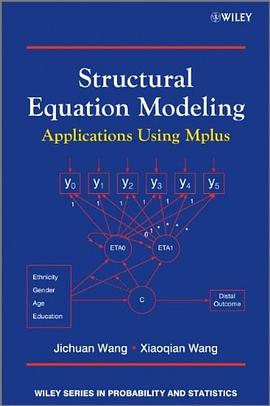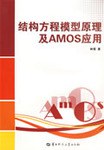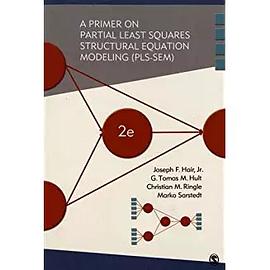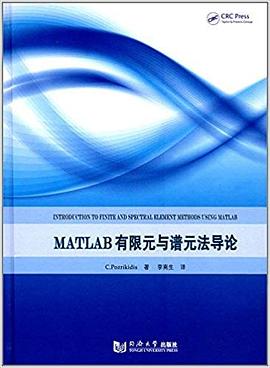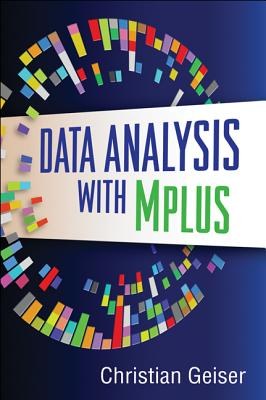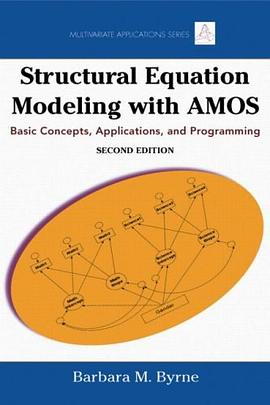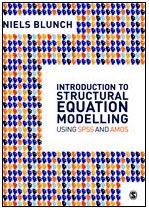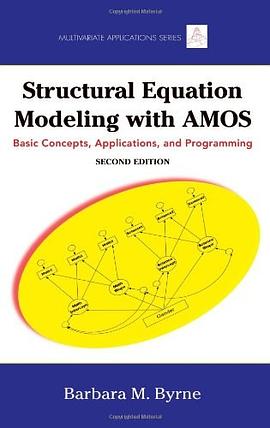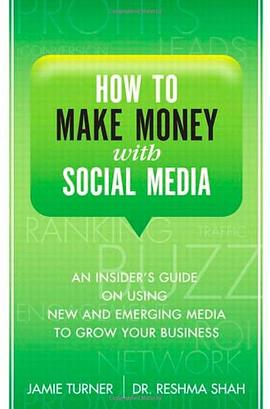

This best-selling book introduces readers to the building blocks of structural equation modeling (SEM) so they can conduct their own analysis and understand and critique related research. Noted for its accessible approach with fewer equations than competing books, the authors utilize an application-oriented approach -- each chapter covers basic concepts and practices and then utilizes the free student version of Lisrel 8.8 to provide meaningful examples. Each chapter features an outline, a list of key concepts, a summary and numerous examples from a variety of disciplines including psychology, education, marketing, and sociology. Numerous tables, computer input and output, and figures including path diagrams assist with conceptual understanding. Most chapters follow the SEM basic steps: model specification, identification, estimation, testing, and modification. A checklist is included to guide the reader's model analysis according to the basic steps a researcher takes. The book's early chapters are critical to understanding the basics of SEM, data entry and editing issues, and correlation, and the impact that missing data, non-normality, measurement, non-linearity, outliers, and restriction of range in scores affect SEM analysis. The next two chapters review the basic steps of model specification, identification, estimation, testing, and modification, followed by issues related to model fit indices, power, and sample size. Chapters 6 through 10 follow the basic SEM steps of modeling using regression, path, confirmatory factor, and structural equation models. Next readers find a chapter on reporting SEM research including a checklist to guide decision-making followed by one on different approaches to model validation. Chapters 13 through 16 provide examples of the different types of SEM model applications. The book concludes with the matrix approach to SEM using examples from previous chapters. Highlights of the updated new edition include: UL LIA website with raw data sets that can be used with any SEM program as well as an Instructora (TM)s Resource section with PowerPoints of each chapter, answers to half of the in-text exercises, and more. /LI LINew troubleshooting boxes with tips on how to address problems related to missing data, outliers, model identification, starting values, and more./LI LIMore examples featuring input and output from the student version of Lisrel 8.8, a free program./LI LIReorganized and expanded Chapter (11) on Reporting SEM Research so that users can more easily follow along with the steps of the SEM process. /LI LIRevised exercises with 25% new with answers to half in the book for student review ./LI LIExpanded material including more output and exercises on multiple-group, multi-level, and mixture modeling (Chs.13 and 15), MTMM, correlated uniqueness, second-order factor, interaction, and dynamic factor models (Chs. 14 and 16), and Monte Carlo methods (Ch. 16). /LI LIIncreased coverage of factors that affect correlation, hypothesis testing, significance, power, and sample size issues (Ch. 5). /LI LIExpanded discussions of the basics with a more step by step introduction to the material and more on when to use different estimation methods, especially Robust estimation./LI LINew journal article references in the chapters on the more advanced SEM models to help readers better understand and critique published research. /LI /UL
具體描述
讀後感
評分
評分
評分
評分
用戶評價
相關圖書
本站所有內容均為互聯網搜索引擎提供的公開搜索信息,本站不存儲任何數據與內容,任何內容與數據均與本站無關,如有需要請聯繫相關搜索引擎包括但不限於百度,google,bing,sogou 等
© 2025 qciss.net All Rights Reserved. 小哈圖書下載中心 版权所有

